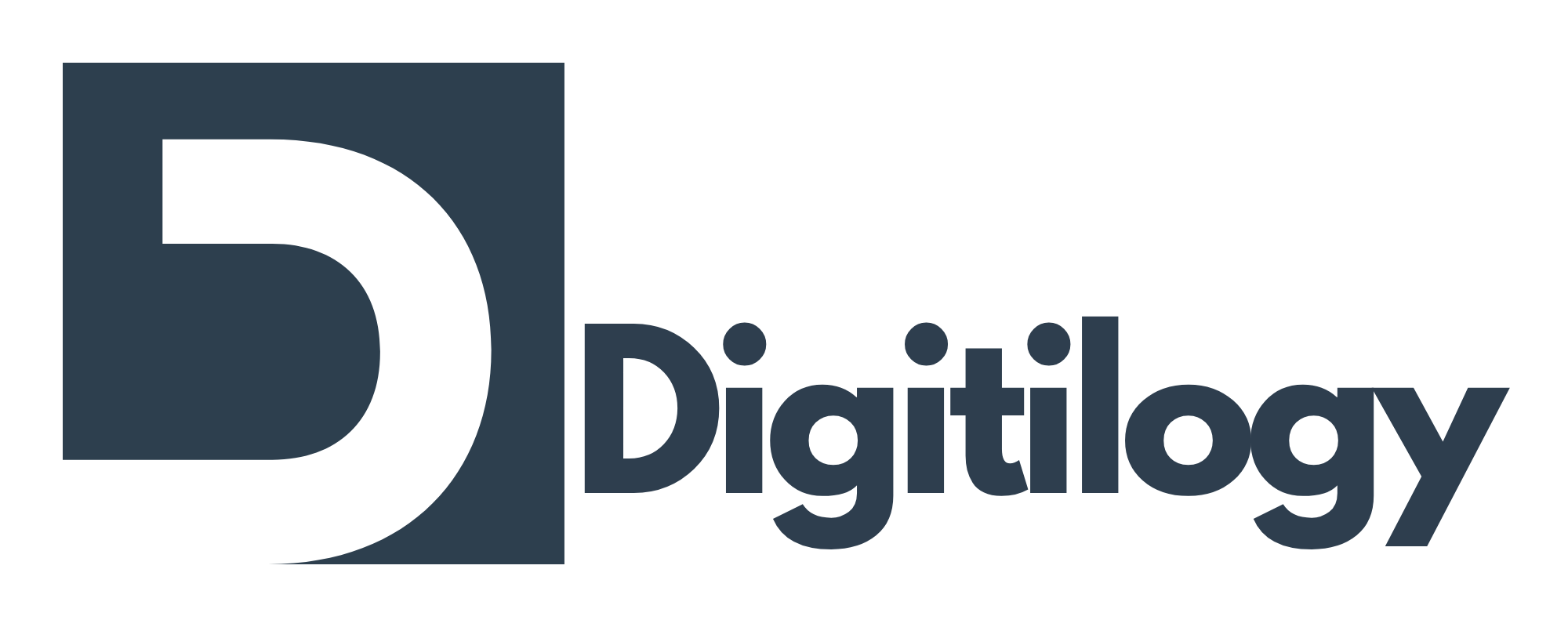Digital Ethics: Navigating the Challenges of Our Evolving Landscape

As the digital landscape evolves, so too does the ethical framework within which technology operates. From the use of personal data to the responsibility of tech companies in shaping online discourse, digital ethics is a critical area of concern for society. With new technologies come new ethical dilemmas, and as our lives become increasingly intertwined with digital systems, it is important to examine how we navigate these challenges. The ethical considerations surrounding digital technology are broad and complex, touching on privacy, security, equality, and the potential for misuse.

One of the most prominent ethical issues in the digital age is privacy. With the proliferation of data collection, from online browsing habits to personal information shared on social media, the question of how much personal data is too much has never been more urgent. Many tech companies collect vast amounts of data from users, often without their full knowledge or consent. This raises concerns about how this information is used, whether it is being shared with third parties, and what protections are in place to prevent misuse. As digital platforms continue to evolve, there is growing pressure to establish stronger privacy regulations that balance the benefits of data-driven innovation with the need for individual privacy.

Another key issue in digital ethics is the responsibility of tech companies in regulating content and maintaining the integrity of their platforms. Social media platforms, in particular, have come under scrutiny for the role they play in spreading misinformation, hate speech, and harmful content. The challenge lies in determining the balance between freedom of expression and the need to protect users from harmful content. Tech companies face a delicate task: how to moderate content without infringing on users’ rights or stifling free speech. This ethical balancing act is critical in shaping the digital experiences of individuals and communities across the globe.

Additionally, digital technologies have the potential to create inequality in society. Access to technology is not uniform across all demographics, and those who are disenfranchised may find themselves left behind as the digital divide grows. This inequality can manifest in various ways, from access to education and healthcare to employment opportunities in the tech sector. Ensuring that digital technologies are accessible and beneficial to all members of society is an ethical imperative, requiring proactive efforts to address the barriers faced by marginalized communities.

In conclusion, as digital technology continues to evolve, so too must our approach to ethics in the digital realm. The challenges are multifaceted, from privacy concerns to content regulation and societal inequalities. However, by engaging in thoughtful discussions about digital ethics and establishing clear guidelines and regulations, we can navigate the complexities of the digital age and ensure that technology is used in ways that are fair, transparent, and beneficial to all.




